Most of my ‘reading’ these days is in audiobook form. I have more time, and I’m more alert, when I’m driving or walking the dog than when I’m sleepily in bed after a long day and a glass or two of wine (though I do read in bed as well). I’ve written before about this — have a look at this post for some recommendations. The main advantage of listening over reading, of course, is that you can do it while leaving your eyes free for other tasks.
Listening to a book is different from reading it, of course – better in some ways, inferior in others – but some people also feel it’s cheating. Melissa Dahl, writing in New York magazine, suggests it isn’t.
Excerpt:
Researchers have studied the question of comprehension for decades, and “”what you find is very high correlations of reading comprehension and listening comprehension,”” Willingham said. As science writer Olga Khazan noted in 2011, a “”1985 study found listening comprehension correlated strongly with reading comprehension — suggesting that those who read books well would listen to them well. In a 1977 study, college students who listened to a short story were able to summarize it with equal accuracy as those who read it.”” Listeners and readers retain about equal understanding of the passages they’ve consumed, in other words.
Decoding, by contrast, is specific to reading, Willingham said; this is indeed one more step your mind has to take when reading a print book as compared to listening to the audiobook version. But by about late elementary school, decoding becomes so second-nature that it isn’t any additional “”work”” for your brain. It happens automatically.
According to the simple model of reading, then, you really can’t consider listening to a book to be easier than reading it.
For the record, though, I’d like people to know that I always listen to unabridged versions…

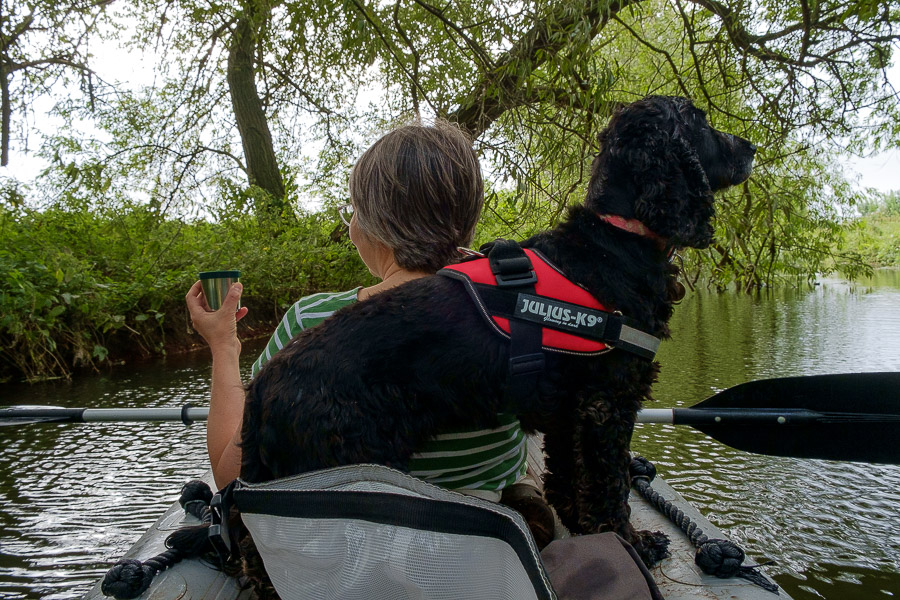
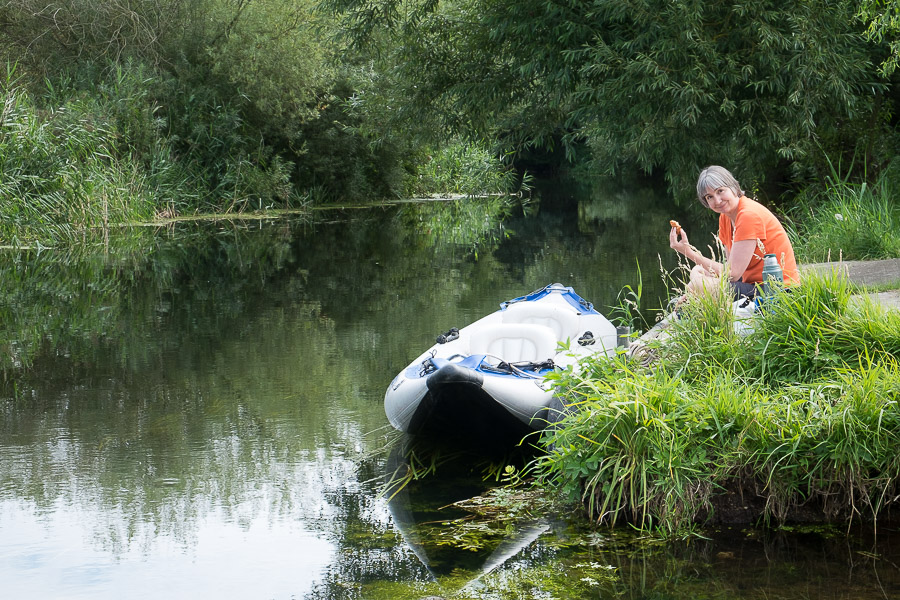
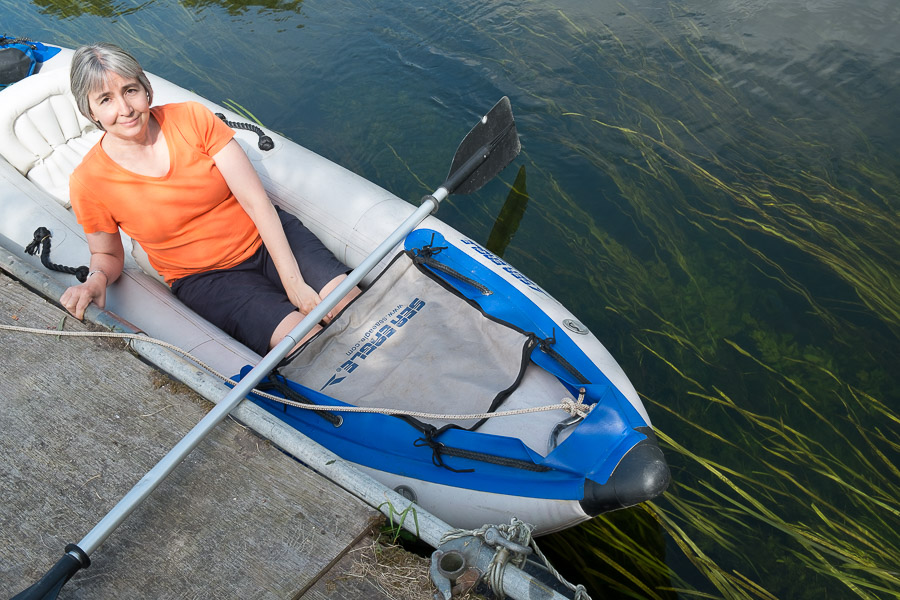
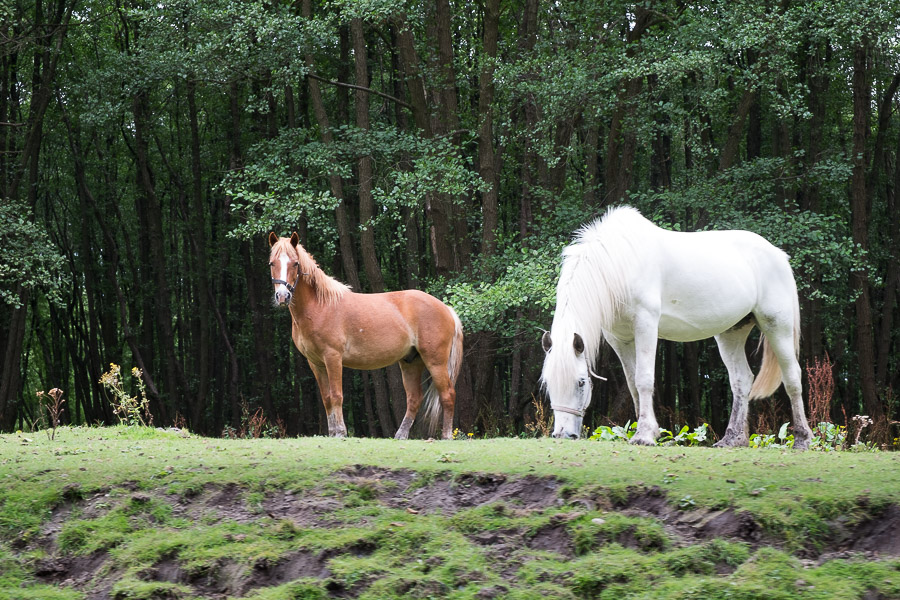
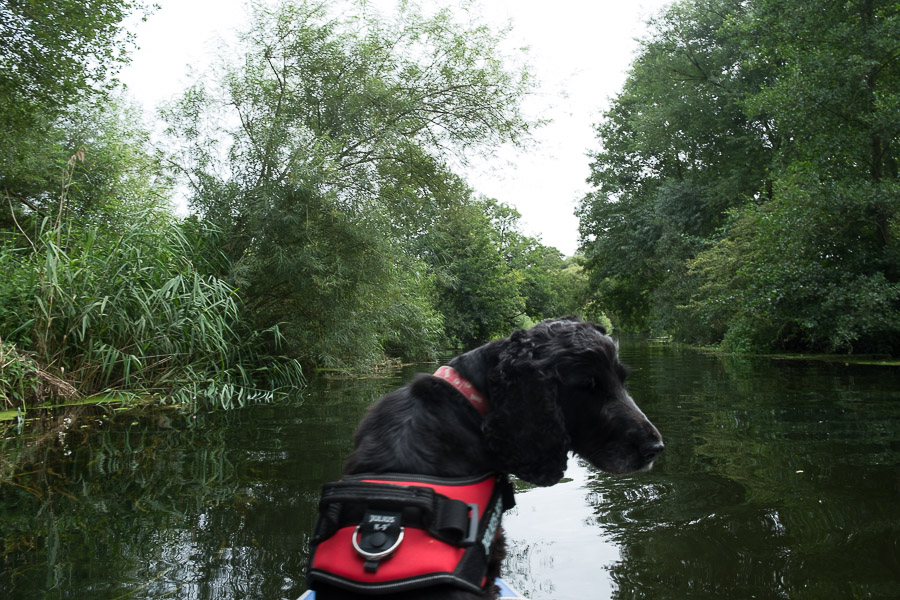
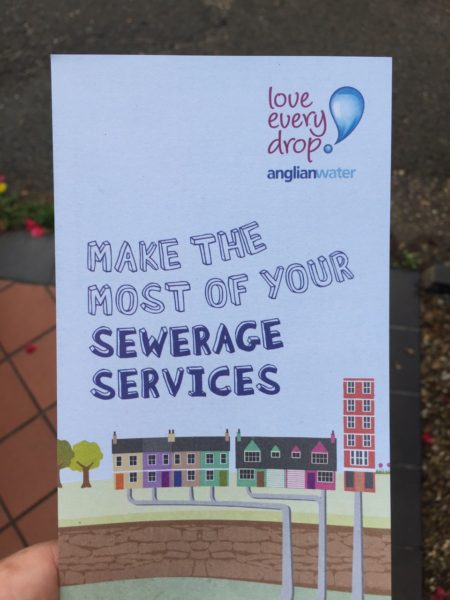

Recent Comments